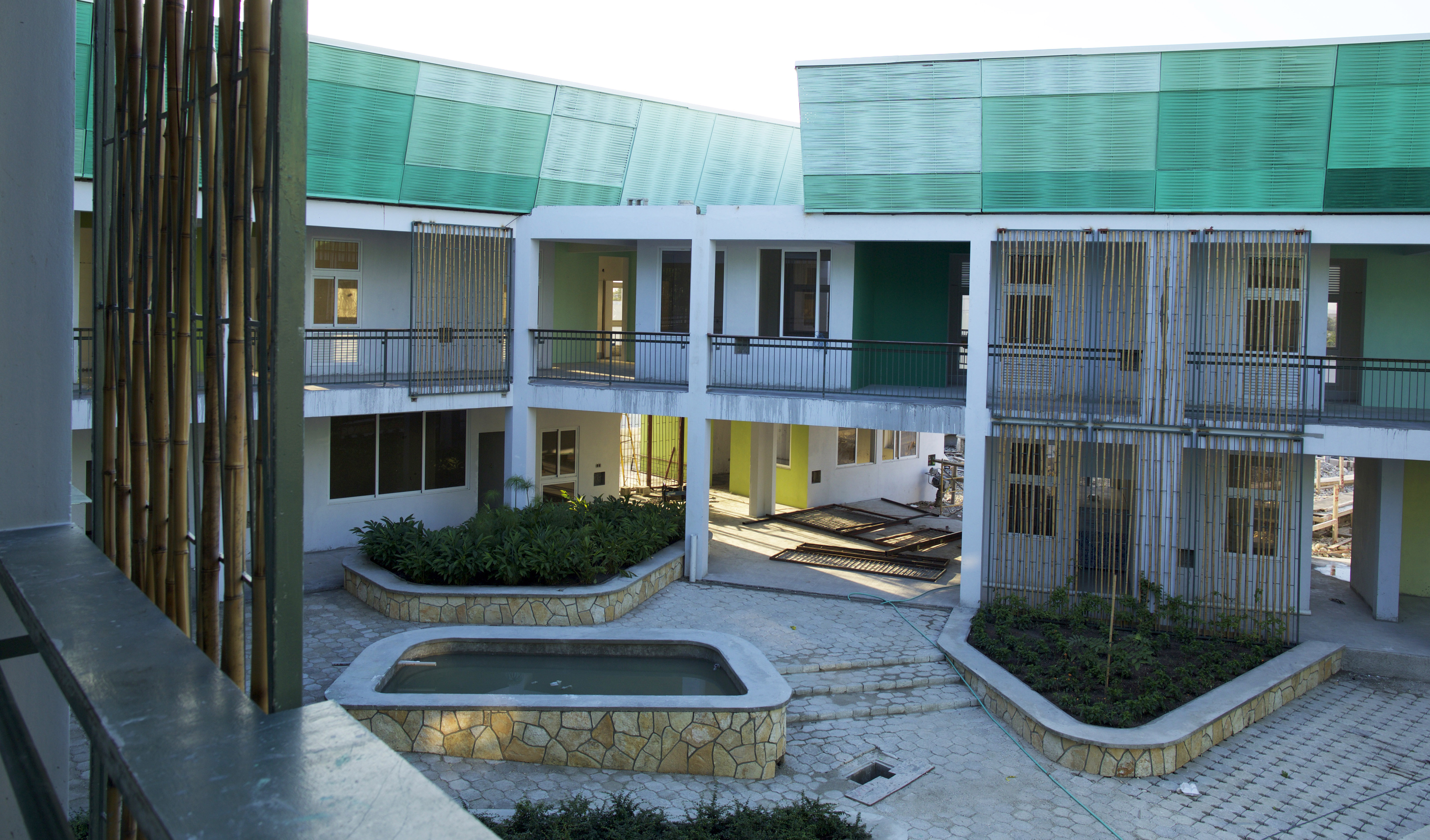Architecture professor works with global health leaders on airborne infection control course

Nathan King, an assistant professor of architecture from Virginia Tech’s College of Architecture and Urban Studies, has worked with MASS Design Group, Brigham & Women’s Hospital, Division of Global Health Equity; the Centers for Disease Control and Prevention; the Harvard T.H. Chan School of Public Health, Department of Environmental Engineering; and Partners in Health to develop and host a two-week multidisciplinary course on building design and engineering approaches to airborne infection control.
The course provides an opportunity to build global engineering capacity to help control airborne infections by bringing together a body of technical expertise common to the control of human airborne infections including Tuberculosis, H1N1 virus, pandemic influenza, SARS, and selected bioterrorism agents
The curriculum includes lectures, laboratory sessions, and interactive workshops focusing on solutions that are feasible and effective for both resource-rich and resource-limited settings. The strategies covered are applicable to preventing transmission in high-risk spaces including clinics, hospitals, laboratories, and congregate living settings.
Experienced faculty from Harvard, the Centers for Disease Control and Prevention, the National Institutes of Health, the Virginia Tech School of Architecture + Design, and other domestic and international experts will lead the course. The course is an annual event and seeks to expand global capacity for better design of healthcare spaces to reduce the incidence of disease transmission.
This year’s course started July 27 in Boston. The 2015 cohort, made up of participants from a number of global health organizations, governments, and ministries of health, represents Cambodia, Canada, the Democratic Republic of the Congo, Ethiopia, Ghana, Haiti, India, Mozambique, Nambia, Nepal, Nigeria, Pakistan, Papua New Guinea, Peru, Rwanda, Samoa, South Africa, Sri Lanka, Swaziland, Tanzania, Thailand, the United Kingdom, and the United States.
King’s involvement in the course development is an extension of the ongoing partnership in the Commonwealth Consortium for Design and Health, a collaboration between the Virginia Tech Center for Design Research and MASS Design Group that allows multiple universities, design practices, and industry partners to collaborate in the development of innovative design technologies, evaluation methods, and medical devices for use in resource limited settings.
This collaboration resulted in the technology transfer of an advanced facade systems developed for the Center for Design Research’s LumenHAUS into application in the recently completed Cholera Treatment Center in Port-au-Prince, Haiti, by MASS Design Group, and the recently completed MASS Lo-Fab pavilion on the Boston Greenway.




